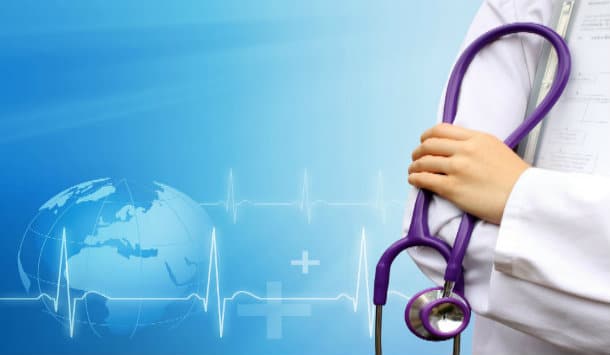Portugal is leading a European science education project that is preparing to meet public health challenges. PAFSE creates “Partnerships for Science Education” partnerships between schools, universities, research centers, laboratories, companies, associations and civil society representatives, among others, and engages them in efforts to enrich Education in STEM (science, technology, engineering, and mathematics) curriculum areas with its contribution to public health.
In the first phase, according to a press release, the project will focus the entire school community and partners in preparing to reduce the risks of infectious diseases and epidemics, but it will extend to other problems, such as childhood obesity, cancer, zoonoses, and diabetes. or road accidents or health inequalities.
The PAFSE project – Partnerships for Science Education – integrates nine institutions from 4 countries – Portugal, Greece, Cyprus and Poland. In Portugal it is led by the National School of Public Health and supported by the Directorate General of Education and the Directorate General of Health.
The current Covid-19 pandemic has had major impacts on society and put the issue of public health on the global agenda. Concern about the spread of infectious and zoonotic diseases, that is, diseases transmitted between animals and humans, are issues that are addressed not only by the scientific community, but also by the population in general, always strongly supported by new technologies and emerging technologies.
This was the impetus for the development of the PAFSE project, with the participation of researchers from five Portuguese institutions: Universidade NOVA de Lisboa – National School of Public Health (project leader), Institute of Systems, Computer Engineering, Technology and Science (INESC TEC), University of Minho, Higher Institute of Engineering in Lisbon and Portuguese to block roads.
In order to achieve the goals, the members of the consortium will establish several partnerships, with entities interested in the project, with the aim of operationalizing learning at the level of the third cycle of education, which promotes health literacy in health classrooms – science, physics, chemistry, mathematics and information technology. The project also foresees activities in science clubs and community settings, with the support of partners, using innovative learning environments to spark interest and curiosity in young people on the one hand for curricula and careers in STEM, and on the other hand, to make them ambassadors of public health in their living environments.

“Wannabe internet buff. Future teen idol. Hardcore zombie guru. Gamer. Avid creator. Entrepreneur. Bacon ninja.”


